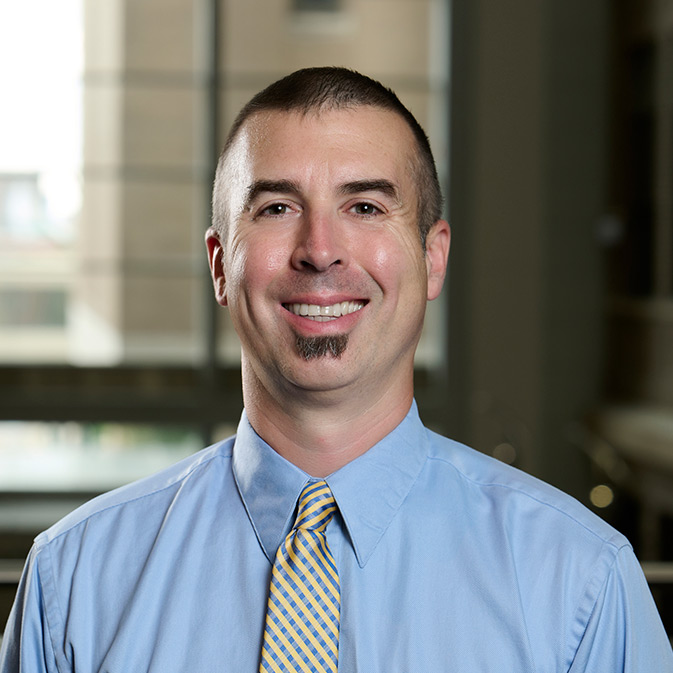Critical Care Medicine (CCM) is not isolated to the ICU, but rather a mindset of providing optimal care to the critically ill patient.
As the “front door” to the Washington University Medical Center, the Emergency Department welcomes patients on a daily basis with a myriad of medical, surgical, trauma, burn, cardiac, vascular, cardiothoracic, toxicologic and neurologic critical care needs.
Leadership

Brian Wessman, MD, FACEP, FCCM
Chief, Division of Critical Care Medicine
Program Director, Critical Care Medicine Fellowship
Professor, Anesthesiology & Emergency Medicine
“Having helped with the nascent growth of the EM/CCM specialty, we continue to support the proliferation of EM/CCM opportunities locally and nationally. I invite you to review our website and contact me to learn more or to partner with our efforts.“
Education
Our educational track focuses on the nuances of critical care medicine to meet the challenges of serving this diverse patient population.
Fellowship
With 12 or more fellows per year, WashU boasts the largest EM/CCM Fellowship cohort, and we were one of the first EM/CCM-approved fellowship training tracts offering access to board eligibility in the country. As a fellow, you’ll learn from a faculty of national leaders in ED-based critical care research, CCM ultrasound education, ED-ICU boarding issues, implementation science, education paradigms and telemedicine applications. As a graduate, you’ll join our vast network of well-rounded intensivists treating critically ill and injured patients throughout the country.
Resident training
Our EM/CCM Residency Scholar Track fosters interest in this growing subspecialty through mentorship, educational lectures, hands-on lab procedures and more. In addition, residents utilize the simulation center to practice evaluating, stabilizing, diagnosing and treating critically ill patients prior to the real-life treatment that’s expected in the trauma unit.
Clinical services
Our faculty split clinical, educational, and research efforts between the Emergency
Department (ED) and Intensive Care Unit (ICU) settings. The Barnes-Jewish Hospital ED provides critical care in a 12-bed Trauma/Critical Care Resuscitation (TCC) unit. Specialty physicians, nurses, and patient care technicians see approximately 18-20% of the ED’s daily volume in this unit and average 12 daily ICU admissions. We also have a daily cohort of patients that receive care, improve clinically and are then downgraded to floor admission status.
As a large quaternary urban academic center, we manage patients with a myriad of needs and offer standard critical care procedures as well as specialized interventions including bronchoscopy, transesophageal imaging, and access to extracorporeal mechanical life support. Our goal is to start critical care at hour one as they enter our department with a seamless transition to one of our many inpatient ICUs.
Neurology and CCM
“Time is brain.” This mantra is well known amongst our CCM neurology specialists who work in conjunction with the Departments of Neurology and Neurosurgery to ensure that critically ill patients are evaluated, triaged, treated and seamlessly admitted to our inpatient Neuro Critical Care Medicine Unit.
Research
We foster an environment that challenges conventional practice patterns and pushes forward the boundaries of CCM with the ultimate goal of providing appropriate life-saving care to our patients. Faculty projects cover a wide range of interests such as resuscitation optimization by non-invasive hemodynamic devices, imaging and management of Acute Respiratory Distress Syndrome, sedation techniques to minimize delirium, stroke protocols, appropriate antibiotic dosing, and ultrasonography utilization in critical care medicine. Meet our department researchers.